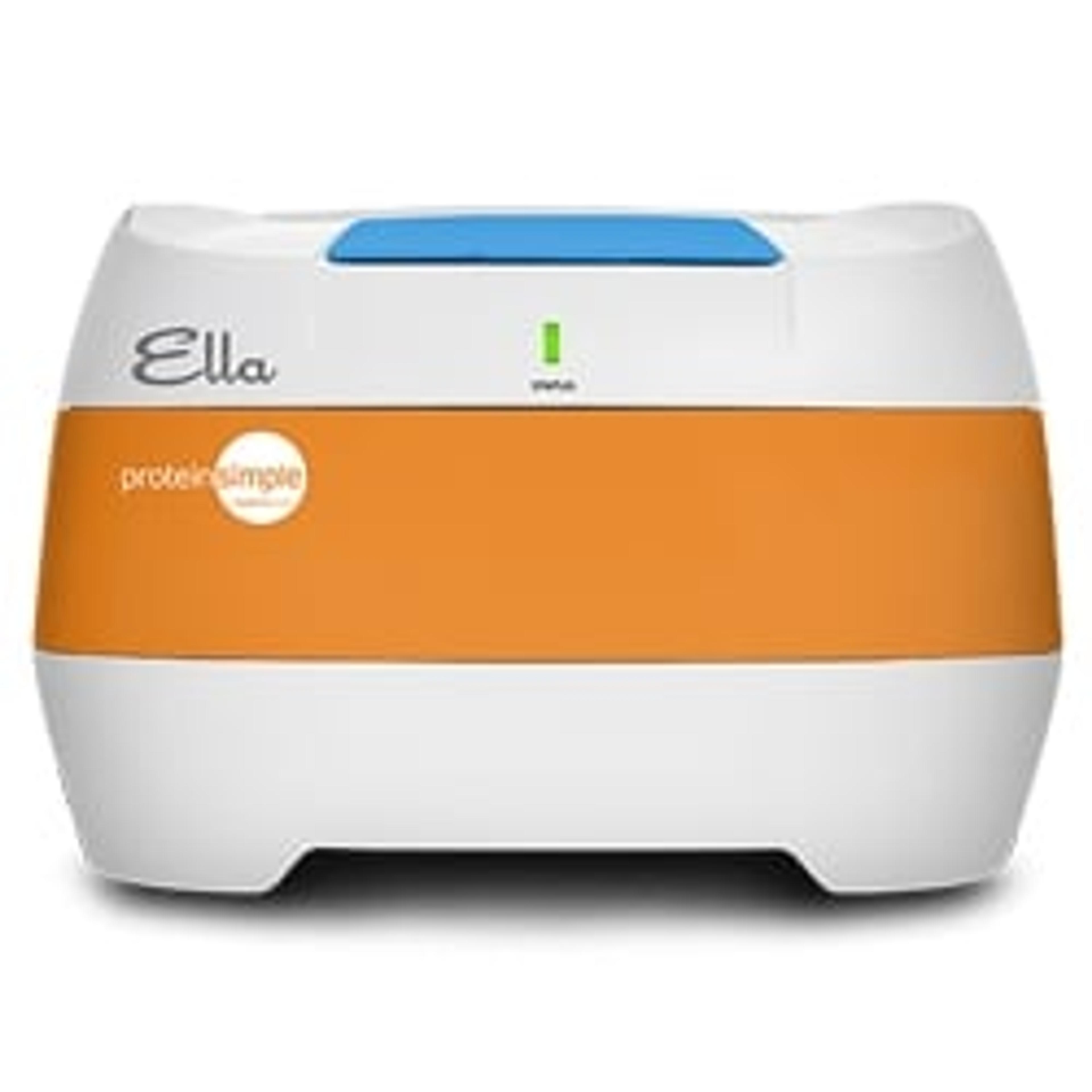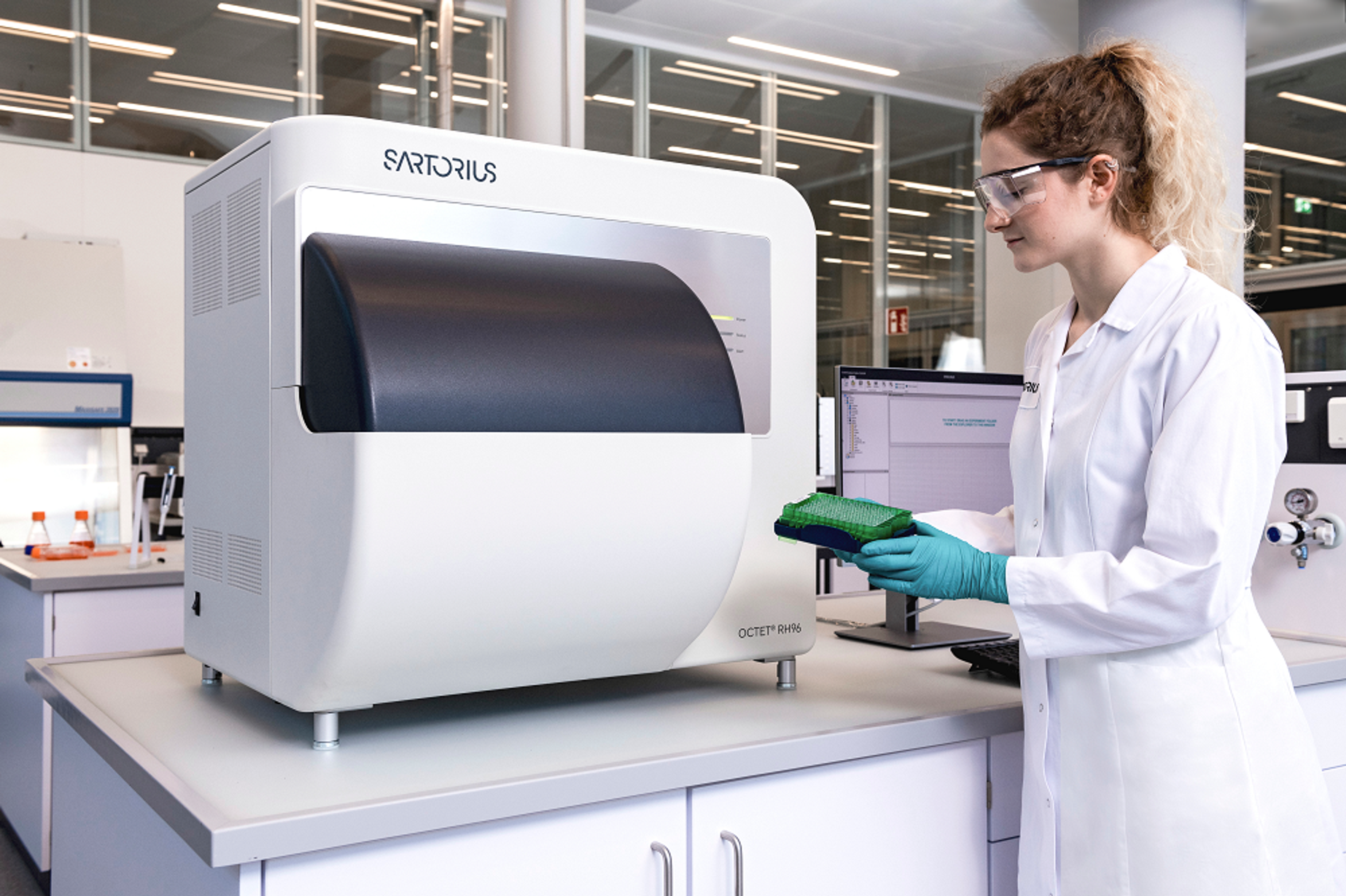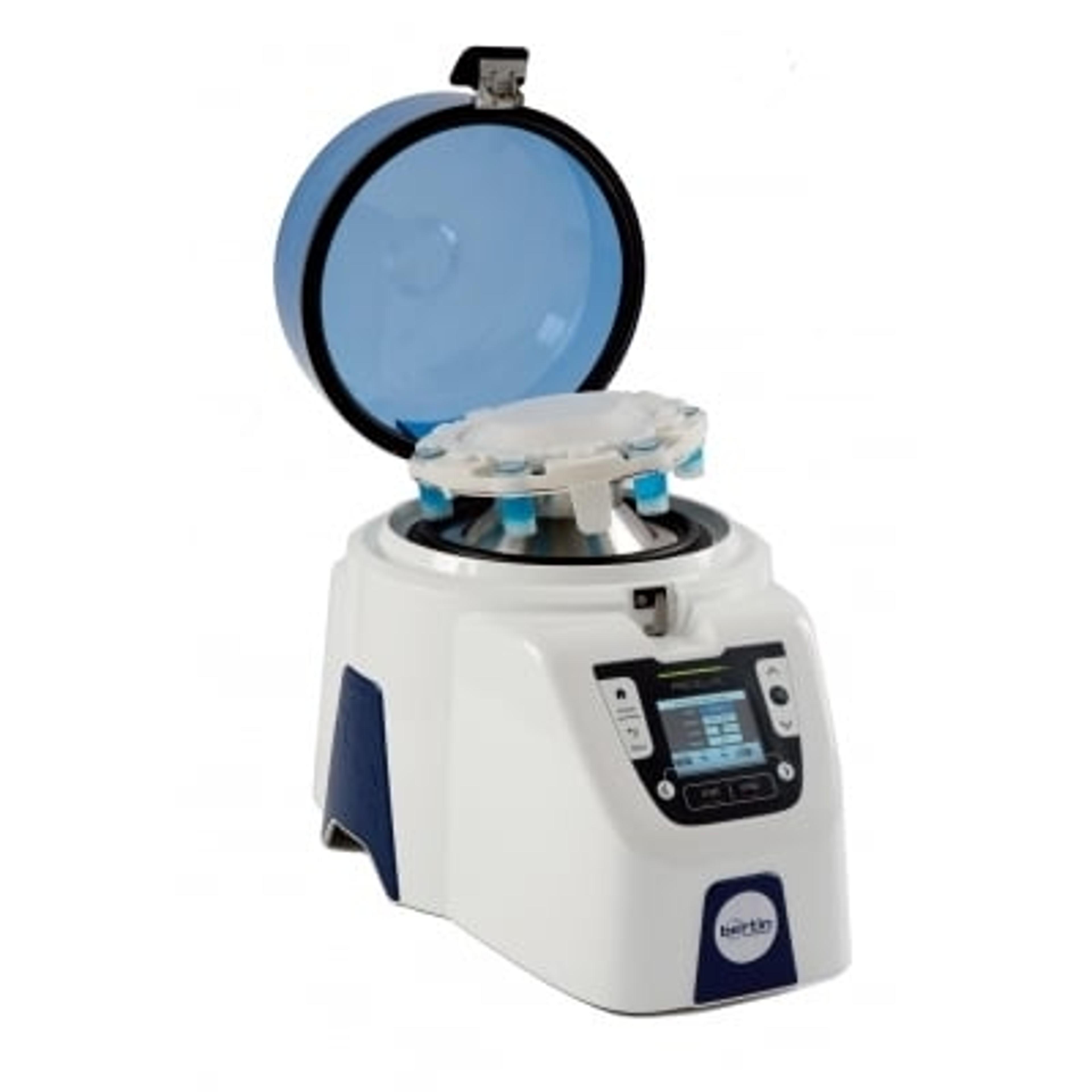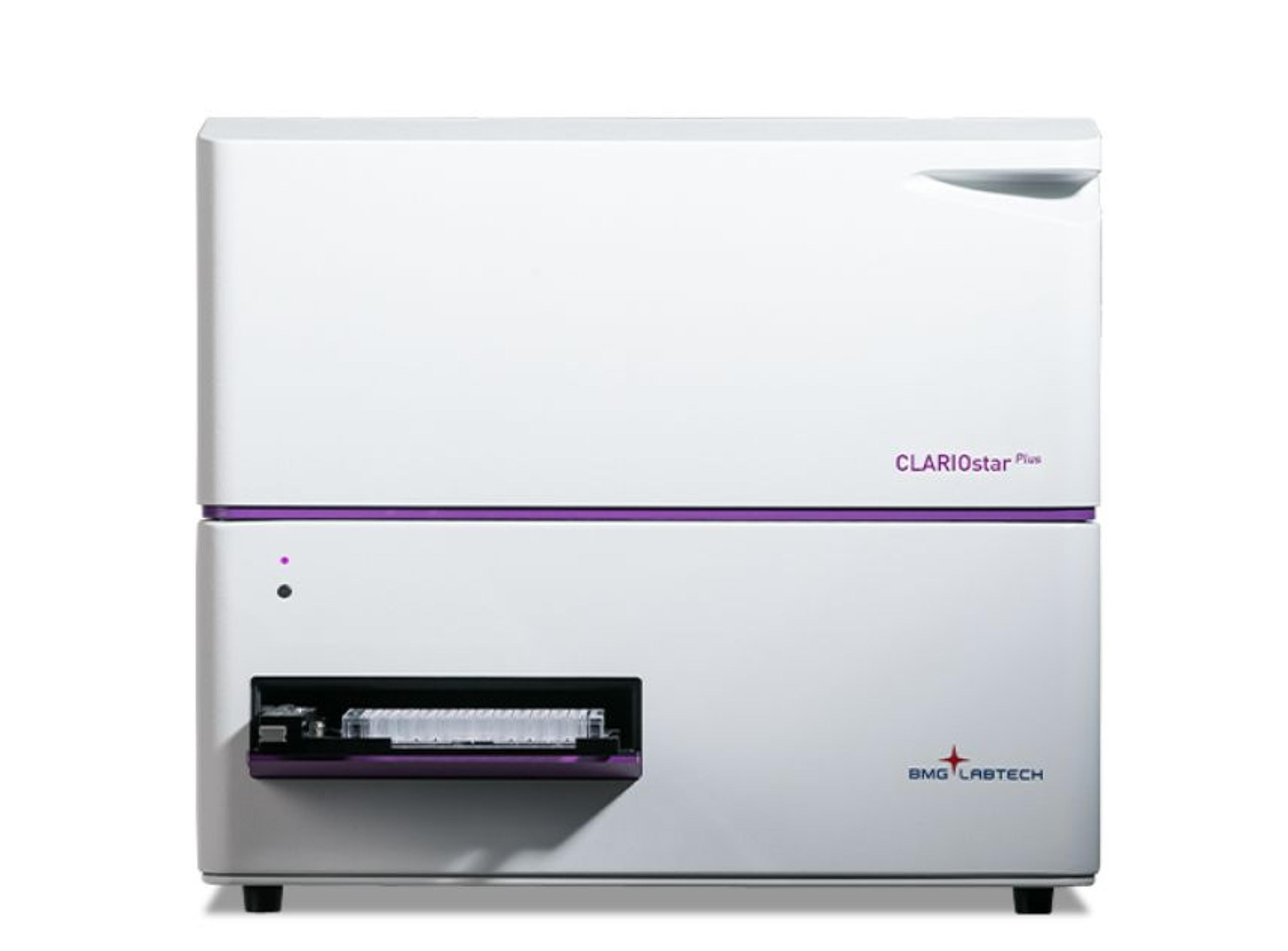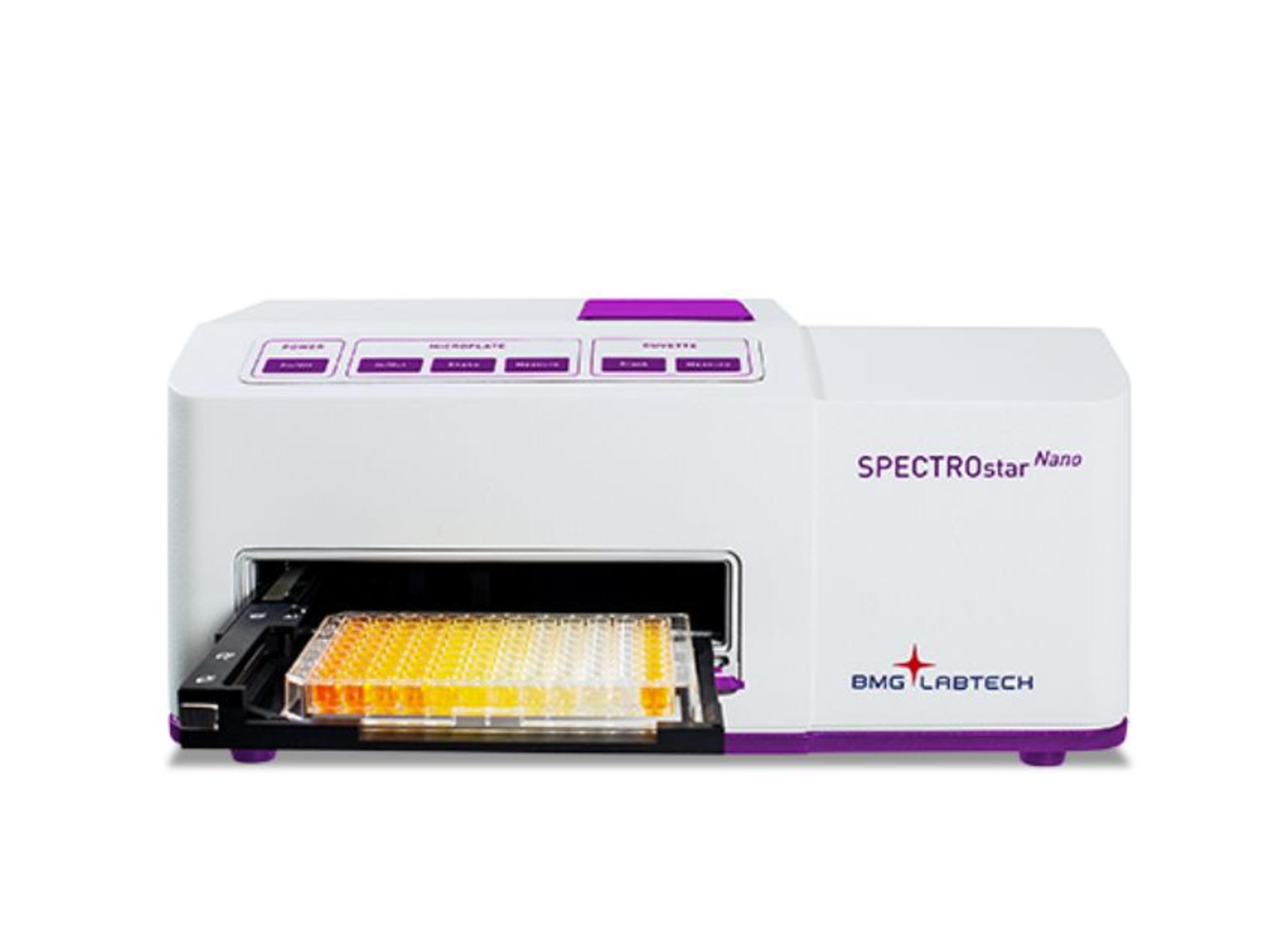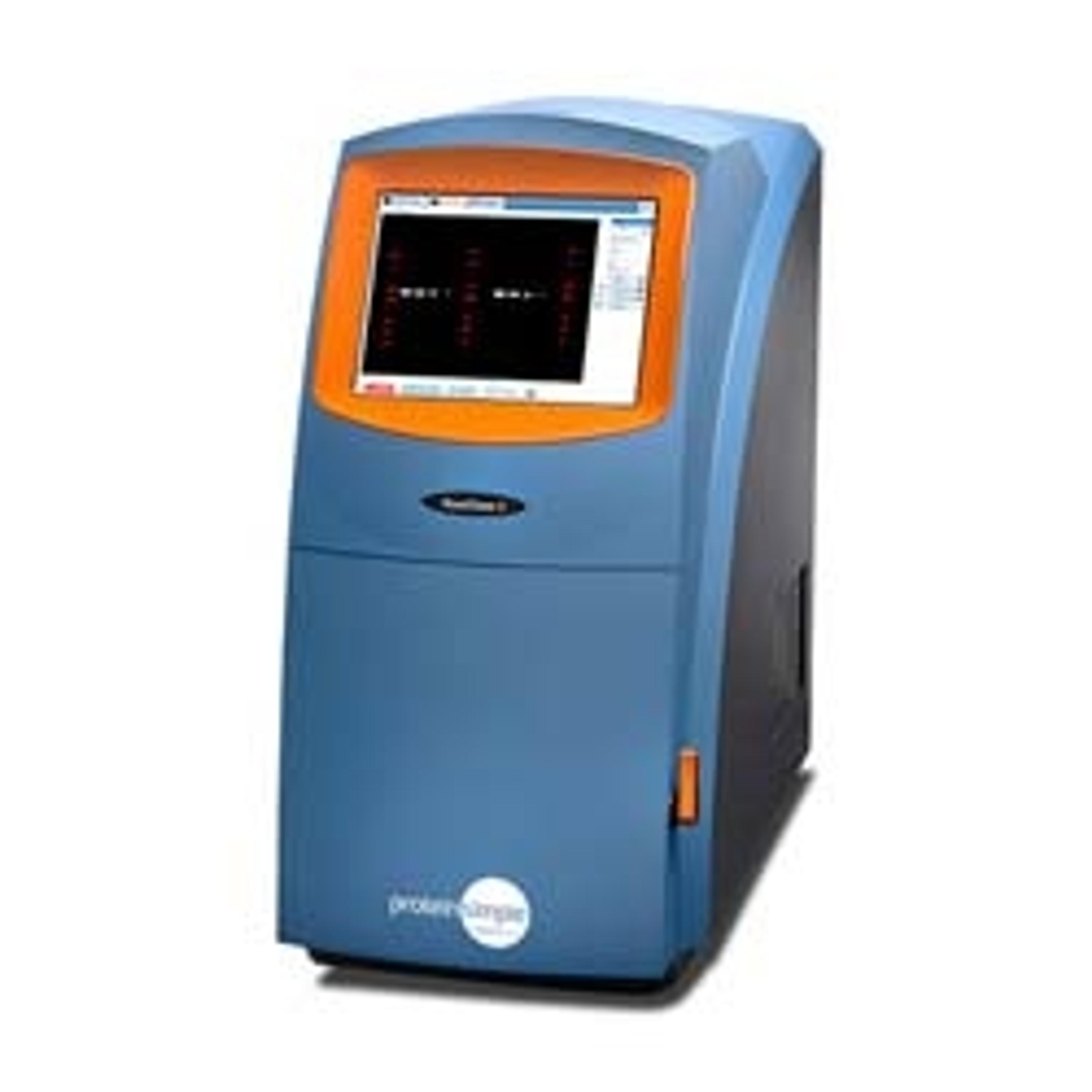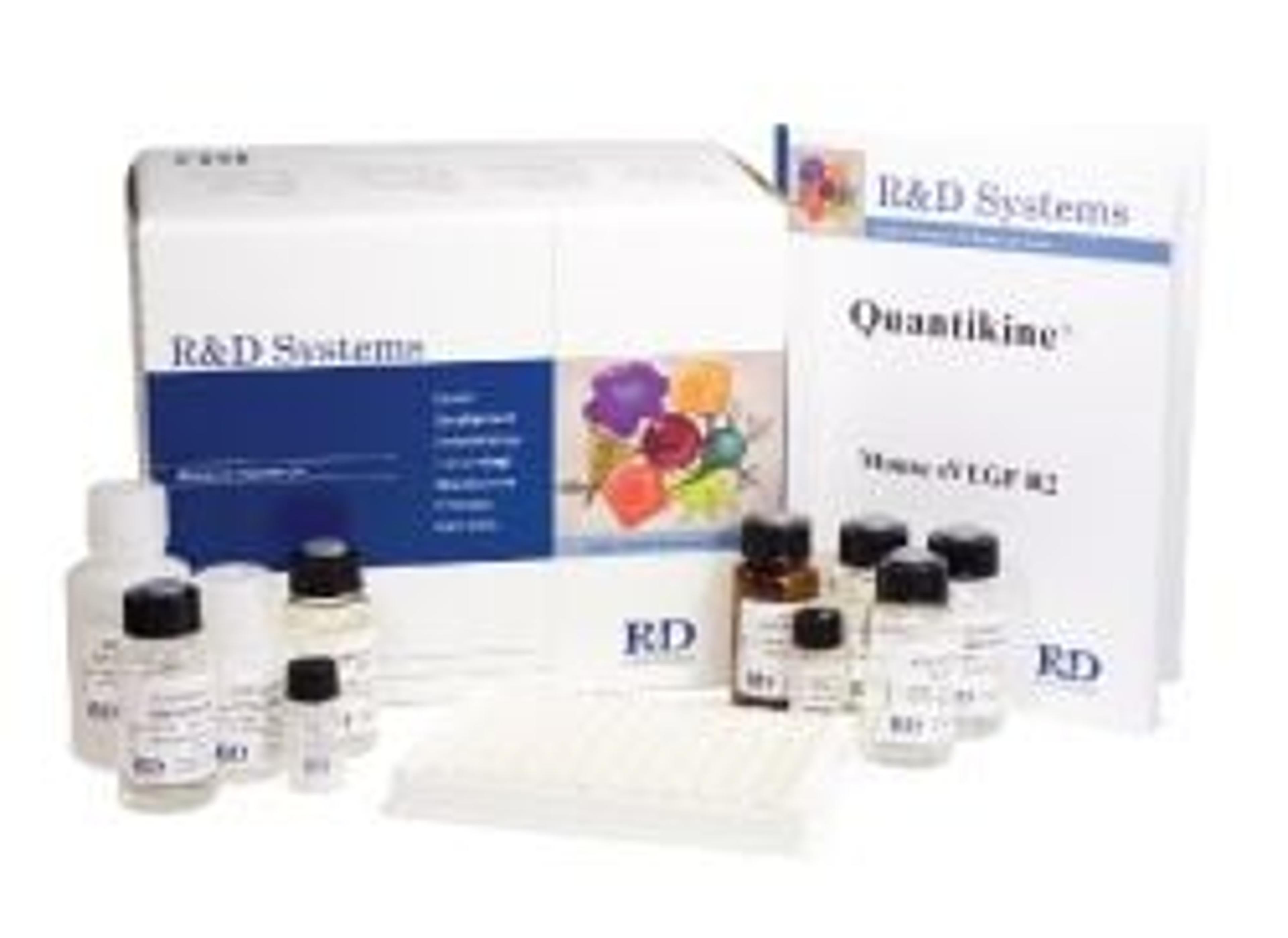8 lab products making an impact in biomarker research
From immunoassays and ELISAs to multi-mode microplate readers, discover the technologies making a difference for other scientists in your field
11 Dec 2020
Here at SelectScience, our goal has always been to provide scientists worldwide with the information they need to make the best purchasing decisions to advance their work. But we couldn't do that without the support and input of our vast community of reviewers. Here, as part of our new Biomarker Research Special Feature, we pull together a selection of our favorite reviews of technologies involved in biomarker research. Find out why these products have been recommended by your peers and see how they could help improve your own workflows!
1. All-in-one microplate readers
Achieve easy-to-perform low-volume absorbance assays with speed and flexibility with BMG Labtech’s SPECTROstar Nano Absorbance Plate Reader.
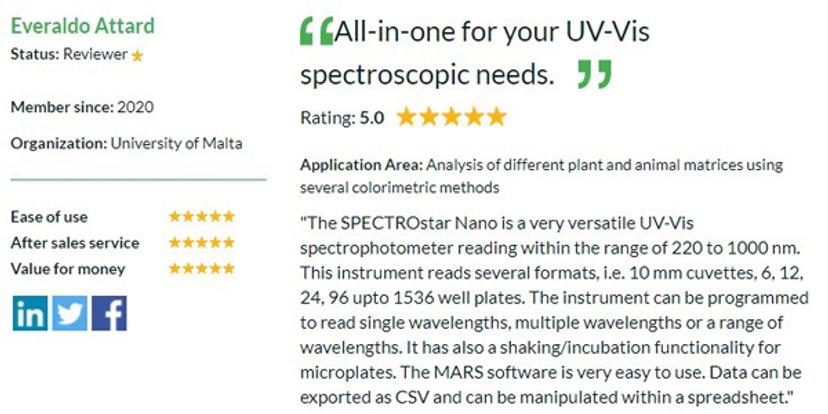
2. Highly efficient tissue homogenizers
Improve the robustness, safety, efficiency and flexibility of your DNA, RNA, proteins, drugs & metabolites extraction. The Precellys® Evolution by Bertin Instruments is a universal tissue homogenizer that provides high flexibility and high efficiency for either routine or R&D projects.

3. Highly reproducible immunoassays
Ella by ProteinSimple is a next-generation ELISA that boasts sub-picogram level sensitivity and more than four logs of dynamic range. In just 90 minutes, you get highly reproducible validated assay data with no manual steps.

4. Easy-to-use ELISA kits
Quantikine Colorimetric Sandwich ELISA Kits by Bio-Techne are complete and ready to use. This immunoassay is able to measure a range of molecules including cytokines, chemokines, growth factors, proteases, and more.

5. Powerful monochromator-based microplate readers
The CLARIOstar Plus Multi-mode Microplate Reader from BMG LABTECH is equipped with LVF MonochromatorsTM, spectrometer, and filters. Patented LVF Monochromators™ include cutting-edge technology, such as linear variable filters and a linear variable dichroic mirror. These provide flexibility while delivering filter-like performance for fluorescence and luminescence assays including fluorescence RET and bioluminescence RET.

6. High-resolution identification
The Octet HTX by ForteBio utilizes bio-layer interferometry (BLI) enabling label-free detection for protein quantitation and kinetic characterization at high speed and throughput. The HTX can measure up to 96 samples simultaneously, allowing both unlimited characterization capacity for various applications and custom assay tailoring to maximize analytical throughput or sensitivity and preventing bottlenecks.

7. Effect and reliable western blotting
FluorChem imagers by ProteinSimple are versatile — the FluorChem R possesses true multi-mode capabilities, with UV fluorescence, white light, chemiluminescence, visible fluorescence, and infrared fluorescence imaging, all in one compact system. Cover all your application bases in your lab with one easy-to-use system.

8. Multi-purpose fluorescent microplate reader
The POLARstar Omega by BMG Labtech is a multi-mode microplate reader designed to perform all plate-based assays, including fluorescence polarization (FP) experiments. Having simultaneous dual emission (SDE) detection, it can capture two emission wavelengths at once, like the perpendicular and parallel signals in FP.
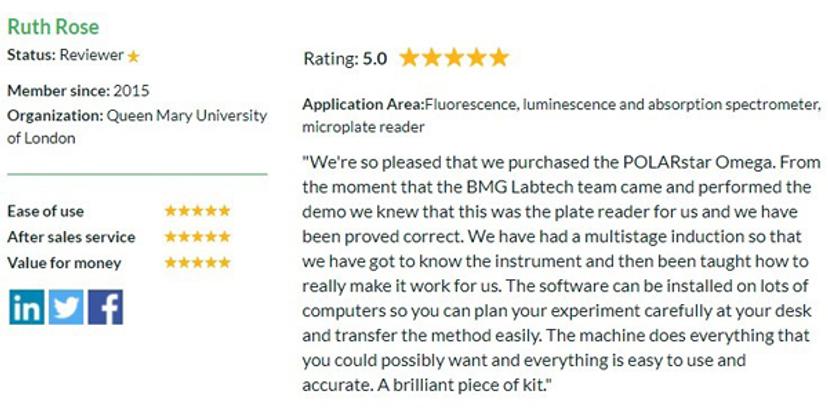
These are just a few of the available products that have helped your peers and could make an impact in your laboratory. For more reviews of technologies in your field, visit our product and reviews directory or leave your own review today and help other scientists level up their equipment and consumables.
SelectScience fulfills a longstanding need in the scientific community: a well-organized, centralized resource of thorough, unbiased reviews of a wide range of scientific instrumentation and products. The ability to factor in opinions and direct experiences of end-users saves money, time and a lot of potential headaches
Dr. Thomas Pisanic Johns Hopkins University
Learn more about why other scientists leave and read product reviews >>
Find the latest protein biology news and resources in our Biomarker Research Special Feature>>

